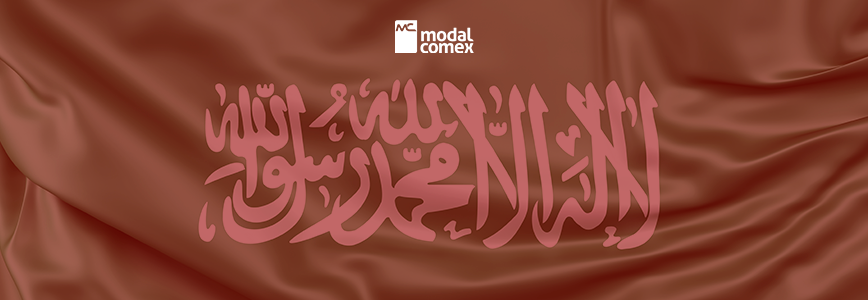Exports to the Arab World on the rise

Brazil’s sales to the Arab market saw a significant increase of 29.2% in the first quarter of the year. This growth was driven by factors such as the appreciation of exported products and investments in transitioning to the post-oil era. Today on Modal’s blog, we will explore this increase in exports in detail.
Growth of Brazilian Exports to Arab Countries
According to the market intelligence department of the Arab Brazilian Chamber of Commerce, based on federal government data, Brazil’s revenue from sales to Arab countries grew by 29.2% in the first four months of this year. Exports rose from USD 4 billion in January-April 2021 to USD 5.2 billion in the same period of 2022.
Key Factors Driving the Growth
The increase in prices of Brazil’s main exports significantly contributed to this growth. The global rise in food prices, influenced by the pandemic and the war in Russia, benefited Brazilian exports to Arab markets, especially food products. Additionally, there was an increase in shipments of products such as soybeans, corn, and wheat.
Performance of Major Commodities
Iron Ore: Despite being the largest export by value, with USD 925 million, iron ore sales fell by 17%.
Chicken: Chicken exports reached USD 882 million, a 23% increase, although shipments dropped by 2%.
Sugar: With revenue of USD 728 million, there was a 15% increase in value, but a 5% decline in volume.
Soybeans: Soybean export revenues increased by 100%, reaching USD 518 million, with a significant 48% increase in shipments.
Beef: Beef generated USD 426 million in sales, an 88% increase in revenue and a growth in sales.
Other Notable Products
Corn: Corn exports to Arab countries resulted in USD 358 million, a 64% increase in value and 30% in volume.
Wheat: With a 326% increase in exports, wheat generated USD 311 million in revenue, a 485% increase compared to the same period in 2021.
Importance of the Arab Market for Brazil
Arab countries remain the third largest external market for Brazil, behind only China and the United States. Egypt is the largest buyer of Brazilian products in the Arab world, followed by the United Arab Emirates, Saudi Arabia, Algeria, and Bahrain.
This growth in Brazilian exports to Arab countries reflects the strategic importance of this market for Brazil and demonstrates the effectiveness of export policies and investments in product and market diversification. Keep following Modal’s blog for more updates and analysis on international trade and the economy.


